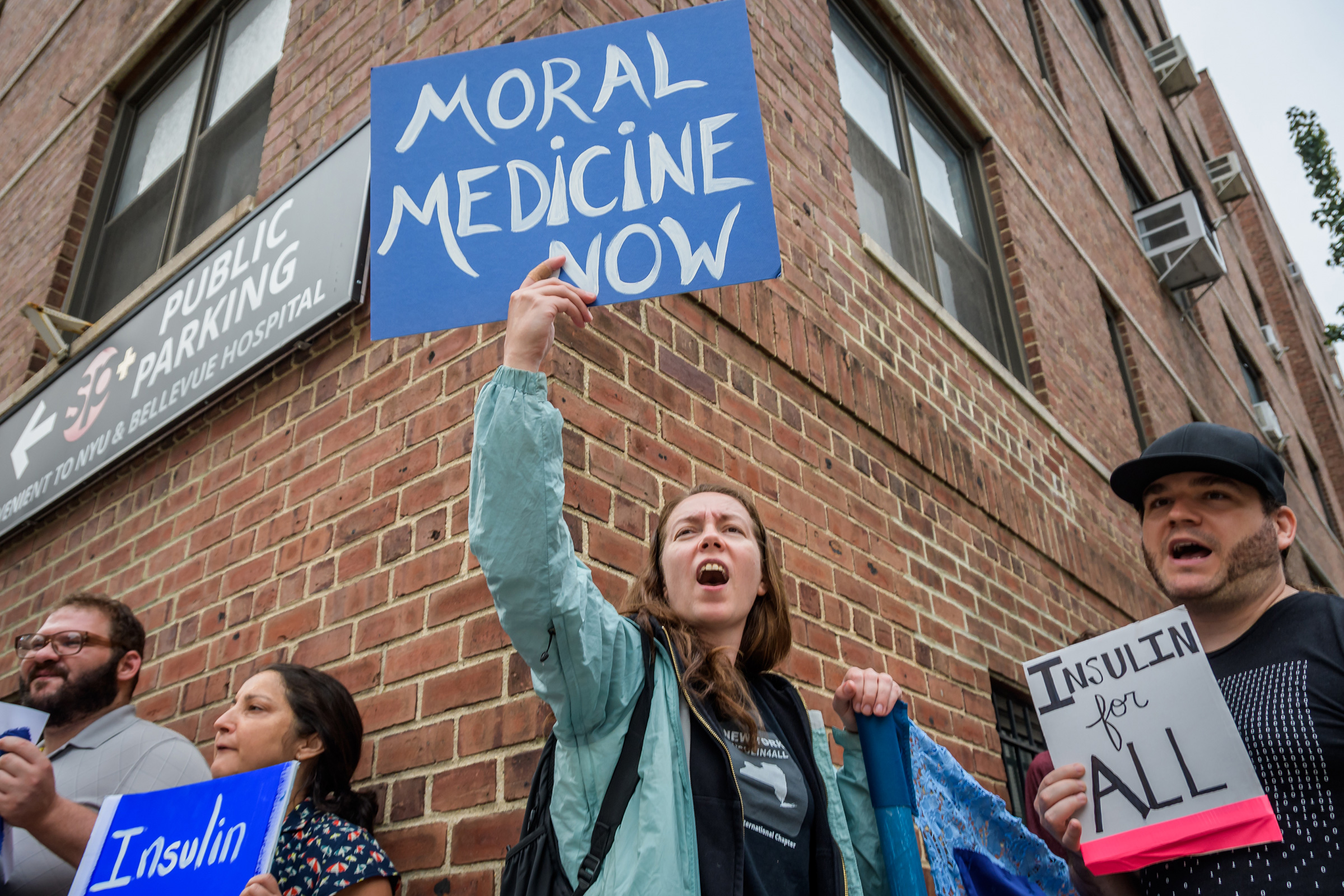
TUCKER GAUSS – OCTOBER 30TH, 2023
EDITOR: ANNE WU
As it turns out, politics is actually really simple. (Apparently, someone forgot to tell the political science professors who’ve spent their entire lives studying the subject.) Israel and Palestine will always be at war, politicians will always accept bribes, and voters only care about the economy — or at least that’s what former president Bill Clinton would like us to believe. His campaign famously stressed that “it’s the economy, stupid!” that motivates voters. In truth, political issues are not really that simple. Namely, homelessness is not as straightforward as the word, “less homes,” but is rather a culmination of various political and legal forces.
This became obvious a few weeks ago when Alameda County acknowledged what residents and economic experts already knew: Housing affordability is in a state of emergency. Political officials finally took serious steps to resolve this escalating problem as the number of unhoused individuals has increased by 73% since 2018 (see: Figure 1).
Is There Room for Morality in Models?
Economists might view homelessness as a simple market failure — a misallocation of housing, a lack of supply to match demand. Homelessness is not just a market failure, however. It’s more than numbers and graphs that are at stake; rather, citizens lack the fundamental human rights to safe and reliable living. While not binding for U.S. politics, international organizations such as the United Nations Office of the High Commissioner for Human Rights strongly commit to this axiomatic principle. In short, homelessness is a moral failure.
These ethical concerns provide the justifying rationale for local and state judiciaries to rule upon a seemingly economic question. In the 2018 case Martin v. Boise, the Ninth Circuit Court of Appeals prohibited enforcement of anti-camping measures without adequate substitute shelter. This legal principle applied to the “involuntarily homeless,” or individuals who lack housing due to factors outside their control. With one swift motion, homelessness became legal: West coast cities could not criminalize sleeping or camping in public.
This statute came with severe political uproar. While judicial activists sought to protect the rights of homeless individuals, city officials and constituents looked to reform this decision. In particular, San Francisco filed a motion to clarify the definition of “involuntary homelessness.” The courts resolved this issue last month by explaining that those who refuse city services are no longer eligible for involuntary homelessness sweeping protections. Constituents at the ballot in 2016 also attempted to enforce anti-camping sentiments through Proposition Q, a controversial proposal to clear encampments 24 hours after public notice. While Prop Q is a powerful political repudiation of past judicial outcomes, constituents rarely exercise the measure: The San Francisco Mission District only employed it 30 times in over a year. Regardless, constituent-driven political reforms remain a key dynamic in the tense relationship between judicial idealism and on-the-ground enforcement, especially as politicians rely on civilian reporting to identify and address homeless encampments (see: Figure 2).
Image Source: Economist
Predictably, COVID Changed Things … Big Surprise
Judicial efforts to resolve homelessness intensified during the pandemic. San Francisco policymakers established eviction moratoriums to ease economic hardships and limit the spread of COVID-19, but landlords challenged these laws on the basis of property rights. Nevertheless, the courts came to the rescue: A federal magistrate rejected an anti-moratorium lawsuit in 2022, preserving affordable housing in Oakland and Alameda County.
Political actors later stripped away these COVID-era laws, with statewide eviction moratoriums ending July 2022 and SF nullifying them August this year. Ultimately, though, this joint legal and political effort to suspend evictions was a crucial, if temporary, reversal of a devastating catalyst to homelessness. Evictions are abrupt, irrevocable changes in living conditions that constitute 13% of homelessness cases. Worse, no-fault evictions, whereby tenants violated no agreement terms, have risen by 115% in SF since 2013. Put briefly, judicial efforts to mitigate evictions saved thousands, if not millions, from homelessness.
It’s not all sunshine and rainbows, though. At the federal level, the Supreme Court struck down a proposal from the Biden administration to extend national eviction moratoriums in 2021. In an eight-page majority opinion, the Court asserted the illegitimacy of a legal statute that the CDC relied upon to extend the moratorium. The justices argued that it was Congress’ responsibility to answer lingering questions on evictions and affordable housing. Distressingly, health solutions to the pandemic were out of the hands of medical experts. More troubling, justices in robes wielded the ultimate power to resolve or exacerbate homelessness on the basis of legal jargon, not economics.
Once again, economics is not a question of numbers. Economics is a question of ethics. So, what value system should lawmakers and judges adopt in order to craft a more just society?
Libertarianism? Rawlsianism? Housing-for-All-ianism?
Libertarian economists would criticize contemporary homelessness measures for reducing private surplus. In particular, SF mayor London Breed’s “Housing First” policy may induce deadweight loss and a misallocation of goods among producers by inflating housing supply at artificially low prices. As judges and politicians abandon traditional market forces, some fear that government-subsidized housing would usurp private home development. Furthermore, judicial outcomes that protect the rights of the homeless could come at the expense of existing homeowners. Unresolved homelessness potentially contributes to the decline of SF property values in recent years. Under libertarian economics, prioritizing the utility of some constituents over others is a worrying trend that hurts the entire system. In essence, public solutions might destroy private markets.
Perhaps this libertarian approach is flawed, though. According to Rawlsian ethics, the clearest valuation of a society’s economic strength is the well-being of the poorest person. If rising tides lift all boats, then lifting all boats will raise the tide. Beyond limiting the spread of COVID, the preservation of eviction moratoriums protected poorer populations from the dual-pronged trouble of job loss and homelessness (see: Figure 3). The crusading efforts of judges were therefore necessary to promote wealth equity during the pandemic.
Safe to say, housing affordability just got very complex, very quickly. Much to the chagrin of economists, textbook economic solutions cannot alone resolve homelessness — notably, price ceilings in the form of rent control failed in New York. It’s time to step away from the supply-and-demand models and recognize the significance of legal and political outcomes in SF’s homelessness crisis.
Read More About this Project: Law and Political Economy
Featured Image Source: The San Francisco Chronicle
Disclaimer: The views published in this journal are those of the individual authors or speakers and do not necessarily reflect the position or policy of Berkeley Economic Review staff, the Undergraduate Economics Association, the UC Berkeley Economics Department and faculty, or the University of California, Berkeley in general.






